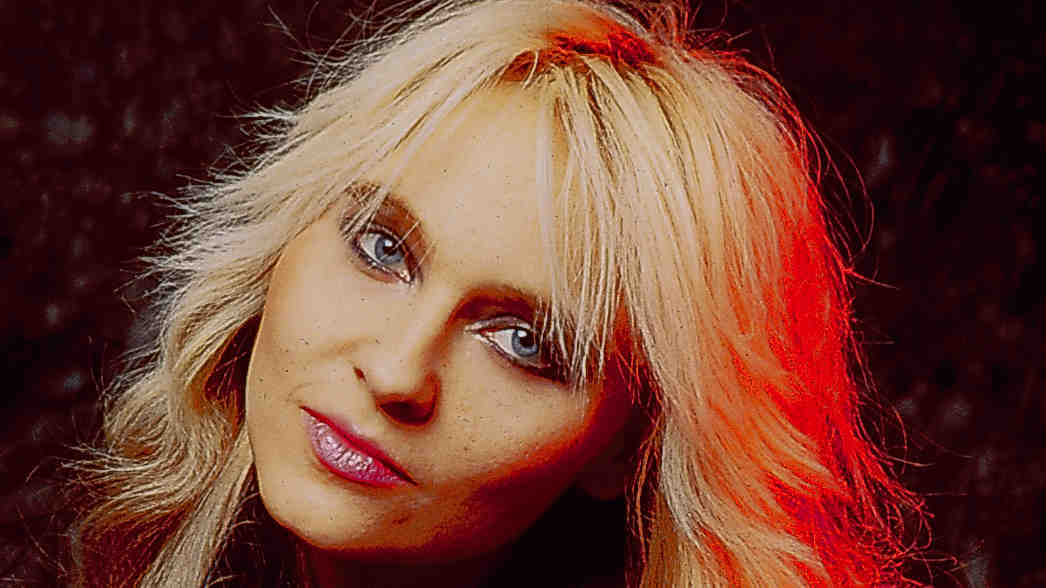How Once More ’Round The Sun saved Mastodon from themselves
In the run up to Once More ’Round The Sun, Mastodon were a band on the brink. In 2014 Metal Hammer headed to their hometown of Atlanta to meet a band reborn
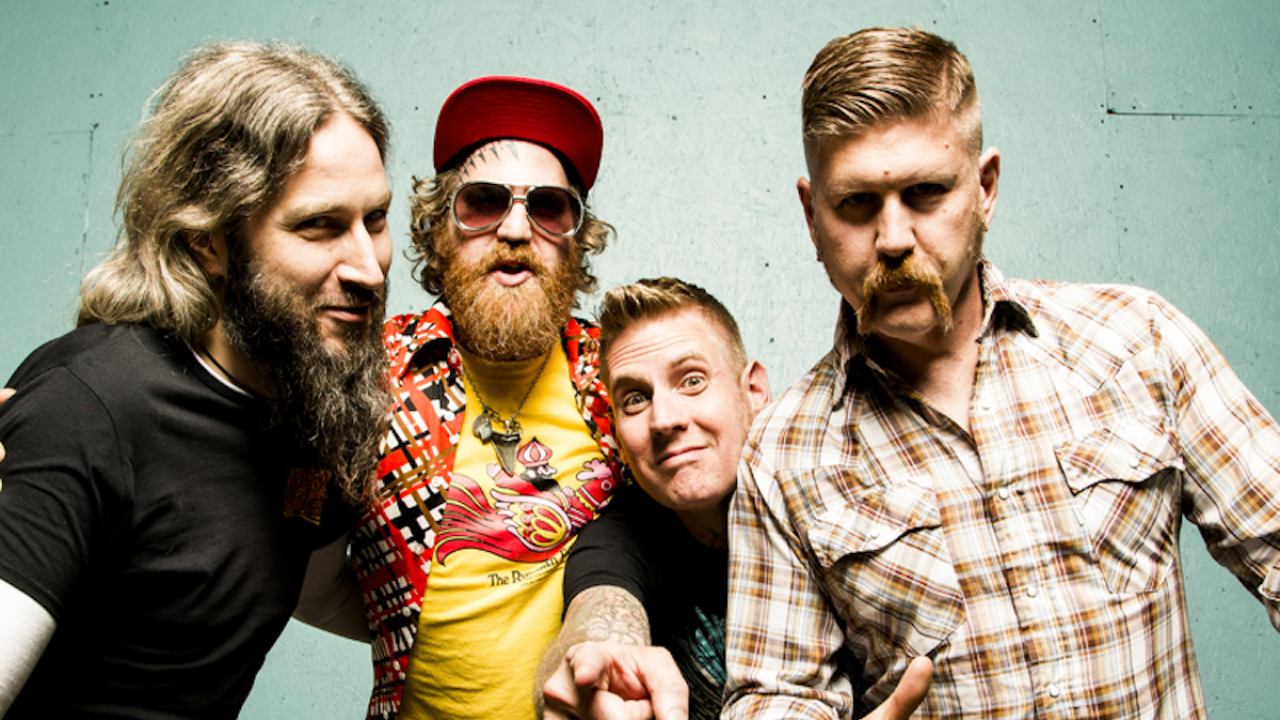
On a warm spring evening, as the sun melts behind the skyscrapers of its downtown business district, the suburbs of Atlanta are suffused in a soft, honeyed glow.
In this golden hour, as one drives past beautiful colonial houses tucked discreetly behind shields of magnolias, cherry blossoms and Southern pines in the shadows of the imposing granite monolith Stone Mountain, it’s easy to understand why Georgia’s state capital is ranked among America’s fastest-growing cities. Twenty years ago, with cocaine ravaging its poorest area and drugs-related gang violence spiralling out of control, Atlanta was labelled the most dangerous city in the US, but in 2014 it’s feted nationally for its unique mix of high-tech business acumen, cutting-edge arts and old-fashioned Southern charm and hospitality.
Once known as ‘Thrasherville’, in tribute to local entrepreneur and politician John Thrasher who spearheaded its expansion in the 19th century, the newly confident city now rejoices in the nickname ‘Hotlanta’, in recognition of its burgeoning reputation among hip, young professionals keen to put down roots in the area.
Today is a day of celebration for one local family. It’s Mastodon guitarist Bill Kelliher’s 43rd birthday, and while his sons Harrison and Conan practise skateboard tricks on the asphalt road outside the bijou bungalow the family are renting while building work is completed upon their new dream home elsewhere in the city, his wife Julianne is preparing a hearty Sunday dinner of barbecued steak, mashed potatoes, vegetables and home-baked bread for a small gathering of family friends. As the man of the hour cradles a neighbour’s baby daughter, conversation loops easily around holiday plans, absent friends and the traditional joys and stresses of family life. It’s only when Julianne casually recalls that her husband’s 40th birthday was spent in a rehab facility, that one is reminded that this life isn’t always filtered through such a hazy, soft-focus.

Bill Kelliher’s father was an alcoholic. A working-class Irish immigrant who settled in the tough industrial town of Rochester, New York in the 1950s, he was a straightlaced, unemotional man – “a strange man, in many ways” his son admits – who slowly drank himself to death while his family looked on helplessly. For a time, it appeared as if his son was doomed to tread the same path.
In November 2008, while Mastodon toured Europe with Slayer, the guitarist was hospitalised for two weeks in London with acute pancreatitis brought on by heavy alcohol abuse: his doctors said he was lucky to be alive. This wake-up call only temporarily curtailed his drinking: 18 months later, the band were forced to cancel a European summer festival run when his condition flared up again.
His bandmates were understanding – fellow guitarist and vocalist Brent Hinds had his own on-going battle with drug and alcoholic addiction; drummer Brann Dailor, Bill’s oldest friend from Rochester, was raised in a family torn apart by substance abuse – but Bill was ashamed of his own behaviour. In the spring of 2011, as Brent, Brann and vocalist/bassist Troy Sanders began the process of piecing together material for Mastodon’s fifth album The Hunter, the guitarist checked himself into a rehab facility to address his addictions. When he returned to Atlanta six weeks later, he was dismayed to discover that the band he’d founded had already booked studio time in Los Angeles to record an album largely written in his absence.
Sign up below to get the latest from Metal Hammer, plus exclusive special offers, direct to your inbox!
“The world doesn’t stop turning when you step off,” Bill says quietly, twisting his wedding ring as he speaks. “Deep in my addiction I was thinking, ‘I can’t go away to rehab, what’s the band going to do? What’s my family going to do?’ You think the world will collapse and everyone will be like ‘Aww, we need Bill, he’s our man.’ But that’s not the way life works. Ultimately everything fell into place and it worked it out great, but it wasn’t always easy to see that at the time. Living this lifestyle that we’ve chosen, sometimes the ship goes out of control.”
This notion runs through the core of Mastodon’s much-anticipated sixth album. Recorded with Nick Raskulinecz (Deftones, Alice In Chains) at Rock Falcon Studios in Tennessee, Once More ’Round The Sun isn’t, strictly speaking, a concept album in the vein of Mastodon’s 2004 Moby Dick-themed Leviathan or 2009’s sprawling masterpiece Crack The Skye, but its 11 tracks are unified in that they catalogue, chronicle and celebrate one year in the band’s life, addressing questions of love and loss, redemption and regret, fate and faith, death and rebirth.
It’s a weighty album in tone and theme, an album so personal to the members of this tightly bonded unit that no one in the band is prepared to fully unlock its meaning, even to one another. Over the course of the next few days we visit the studio where the album was pieced together, as well their favourite hangouts (including The Botanical Gardens, where, as you can see, things got a tad bright and colourful) and, of course, their homes. Asked if the previous 12 months have been a tumultuous time for his band, Bill emits a mirthless, choked laugh. “Tumultuous is an appropriate word,” he says, exhaling heavily.
Metal Hammer receives a world-exclusive premiere of Once More ’Round The Sun at Brann’s house. While Bill and his kids play with Brann’s dalmatian, Thriller, upstairs, the drummer invites us into his basement music room, slips an unmastered CDR of the album into his stereo and turns the volume control hard right before discreetly exiting. The details of the room – the framed Mastodon artwork around the door, the Stormtrooper helmet and Darth Vader mask on the shelves, the portrait of King Diamond behind us – are soon forgotten as music fills the air.
On first listen, Once More ’Round The Sun is, quite simply, another Mastodon master-piece. With each successive revolution, its impact grows stronger, its power redoubled. Initially, it’s the riffs that pull you in; huge, hooky riffs that envelope you, muscular and masterful, pummelling and intense. But soon enough the melodies bleed through, and lyrics draw you closer.
‘Open your eyes. Take a deep breath and return to life. Wake up and fight. Fight for the love and the burning light.’ As you concentrate, themes begin to emerge. New beginnings, new hopes, new paths unfolding. ‘This time, this time things will work out just fine’ (The Motherload). ‘Heaven knows life can turn on a dime so let’s enjoy our time’. (Once More ’Round The Sun). ‘The moment you walked in the room my friend, the demons, they all went away.’ (Asleep In The Deep). It’s absorbing, inspiring, moving. And it already sounds suspiciously like the finest album any of us will hear this year.
“I can’t really go into details about some of this stuff, I really wish I could,” says Brann when asked for his take on what we’ve just heard. “There’s lots of personal stuff, a lot of stuff connected to the deepest relationships we have in our lives. It’s hard to divulge details because there are other people involved. Music keeps our demons away, but this album is rooted in dark days for sure.”
It was January 1, 2000 when Brann and Bill, having quit their previous band, Today Is The Day, relocated from Rochester to Atlanta, seeking a fresh start in their lives as the new millennium dawned. Bill knew the city well – he’d moved South before in 1997 when his high school sweetheart Julianne secured a spot at the city’s prestigious Emory University – but for Brann the city streets represented fresh horizons. Within months, he had a new job, a new girlfriend (now his wife, Suzanne), a new band and a newfound confidence that his life was finally going somewhere.
“Some people are content with where they are, but I wasn’t,” he recalls, a comment that speaks to his band’s constant desire to evolve and grow. “Bill and I are from Rochester, which is a blue-collar town, 100%; the idea of rolling your sleeves up is ingrained in you: you aren’t going to get anything if you don’t work for it. I wanted to do something with my life rather than just watching it.”
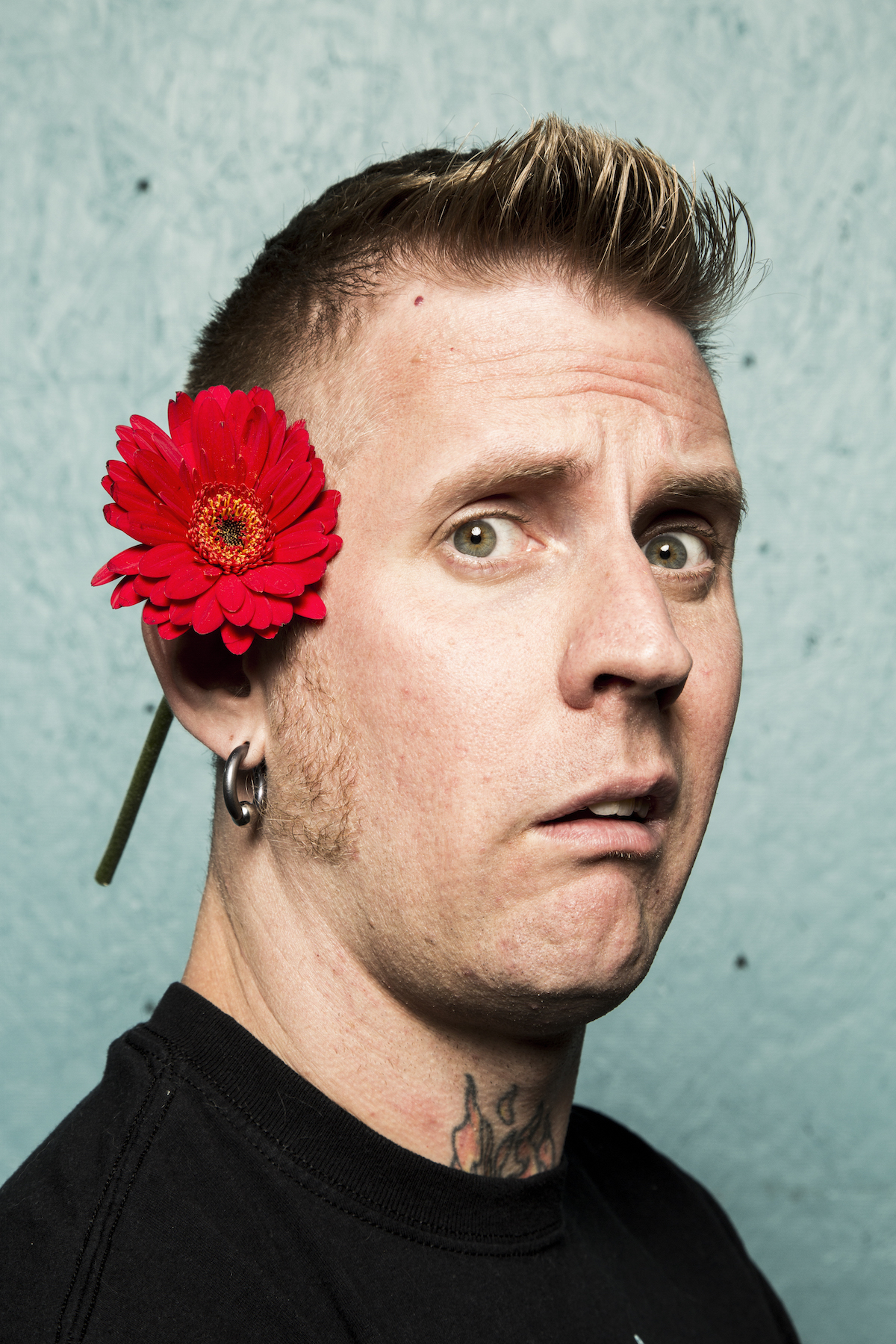
A cool, self-possessed and quietly confident character, Brann is Mastodon’s unofficial leader, their grounding element. The product of a dysfunctional marriage – his parents divorced when he was just three – he was surrounded by music from childhood, as his mother sang in a covers band called Caper with her drummer (and part-time drug dealer) boyfriend. His childhood home was a party house where musicians would gather to get loose and jam, but drug abuse often soured the good times and his stepfather was prone to violent tantrums. On the day he was kicked out of the Dailor household, he had loaded a shotgun with the intention of taking down his surrogate family.
Brann first met his future bandmates Brent and Troy through Bill at a High On Fire show in the basement of an Atlanta squat, the Parasite House, in March 2000. Within days, they’d booked their first rehearsal. Brent showed up drunk from an afternoon tequila session and insisted upon playing just one note for the duration of the session. But each man was instantly aware that their new union had power and possibility.
“At one point I thought I might leave Atlanta,” Brann recalls. “I had this girlfriend in Denmark and she said she didn’t want to live in Atlanta but she’d move to New York to live with me there. Then we recorded our first demo and when I listened to it I thought, ‘I can’t leave this: there is something here, this is what I’m supposed to do.’ I knew that it didn’t sound like anything else and that people who are into this kind of music would recognise that it’s different from anything else out there.
“We knew it was going to happen. We knew we’d have to work our asses off, but we knew it was going to happen. And I hope we give other kids the idea that this is possible, that you can come from nothing and make this work. Because I did. I’m a child of food stamps, I didn’t have a pot to piss in. We started out playing in people’s basements and now we do this for a living. That’s pretty good, right?
“Now I think this band wants to be legendary. I want big things for us. We have the songs and the imagination to bring something special. There is no ceiling to our ambition.”
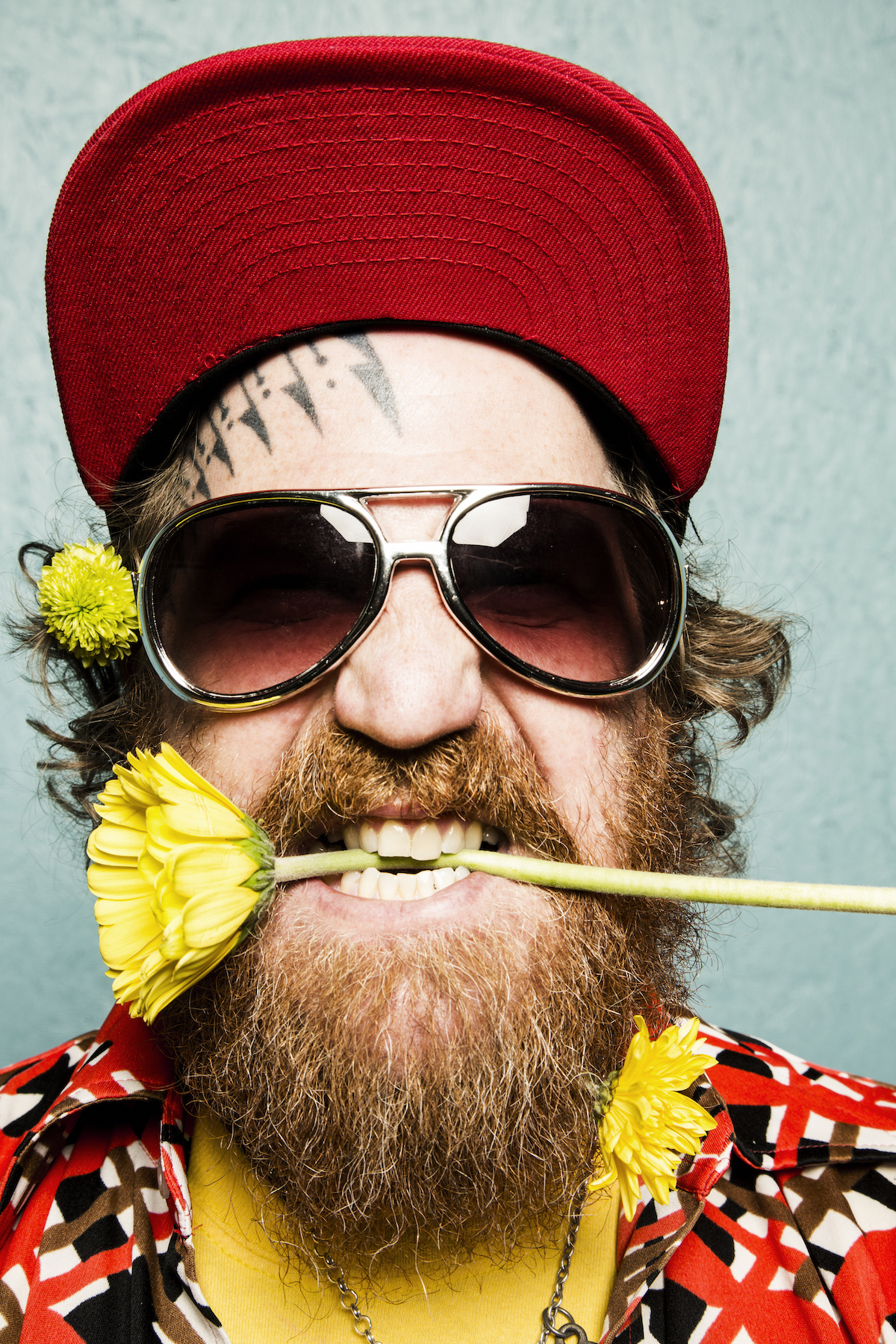
Reclining in an armchair in his rented apartment near Atlanta’s buzzy, bohemian Little Five Points district, surrounded by Creature from The Black Lagoon figurines and wall-mounted animal heads killed and stuffed by his late brother Brad, in whose memory The Hunter is titled, Brent shares his bandmate’s sense of Mastodon’s destiny.
“I’d be most comfortable with a level of extreme success,” he muses. “I desire a property, and I desire animals, and you have to have money for that. I desire a gate around that piece of property and a castle on it, and a moat around it, so in order to get all that I need maximum success. It’s been a wild ride, and I’ve had a wild time, but I’m 40 years old now and I don’t have much to speak of to retire on, so I want more. Much, much more.”
If Brann Dailor is Mastodon’s brain, and Bill Kelliher’s the collective’s conscience, then Brent Hinds represents the restless soul of the beast. By reputation, he’s a maverick spirit, the band’s loose cannon, an untameable, self-destructive force of nature. He’s also, quite possibly the heavy metal world’s strongest contender to be labelled a musical genius. By turns imposing, sweet, thoughtful and generous, he’s fully aware of his own reputation – “I’m a redhead, man,” he cackles at one point, “we’re fucking crazy!” – but he’s no fool, being sharper and much more self-aware than one might imagine.
By his own admission, Brent has made mistakes in life, made a lot of bad decisions. In his 20s, when he left his hometown of Birmingham, Alabama to join Troy Sanders’ band Four Hour Fogger after seeing the Atlanta group play his local dive bar The Nick, Brent was “a fucked-up kid”, a habitual heroin user and borderline alcoholic. The decision to uproot his life to move to Atlanta, he says, was an easy one, because he had no life – just a blur of chemically induced misadventures.
But having turned 40 in January, while the band were making Once More ’Round The Sun in Tennessee, he’s made a conscious decision to clean up some of the excesses of his day-to-day life. “Marijuana helps me immensely,” he laughs, puffing upon a vape pen filled with resin. “But when I mixed marijuana and booze I was like a walking soup sandwich, I was fucked up as a football bat. I should have pumped the brakes a long time ago, but, y’know, young, dumb and full of cum, whatever. I can only learn lessons one way: the hard way. I have to live it to learn it. But I’m enjoying some clarity now, I’m enjoying how I’m feeling these days, mentally and spiritually and health-wise. I was pretty screwed up for several years, but it’s good to smell the roses, so to speak.”
2013, he tells us, was a rough year. “Thirteen is an unlucky number,” he smiles. “I finally figured that out!”
What was so bad about last year then?
“Oh, you know, shit happens. And you gotta deal with it.”
What kind of stuff? Band stuff, family stuff, relationship stuff?
“All of the above. When it rains on me, it pours.”
Was there a lowest point for you, a rock bottom moment?
“No comment. Maybe. No comment, you know?”
“Sometimes it’s hard to find inner peace,” he says, after a long pause. “Sometimes you get disconnected from yourself and that kinda happened to me in 2013.
“I am wild,” he adds. “Everyone is wild, but some people have more of a crazy streak than others… and I’m one of them. I don’t look at it like it’s a bad thing. I have a high metabolism, I get a little excited sometimes. But I know exactly where the Manimal, the destructive wild man, is: he’s in a bottle of whiskey somewhere. I know where he is, I know where he’s been, I know what he’s done, and we’ve all forgiven each other, the multiple Brents that you are talking to right now.
“More than anything, I just like to play my guitar really loud with these dudes. I’m super-proud of us for achieving what we have achieved. The goal has been achieved, many times over. We’re just another squirrel trying to get a
nut, like every other human being on this planet Earth. It’s the American Dream to do what you love for a living and be happy at it. I’m just one man with one red beard trying to take over the world one riff at a time!”
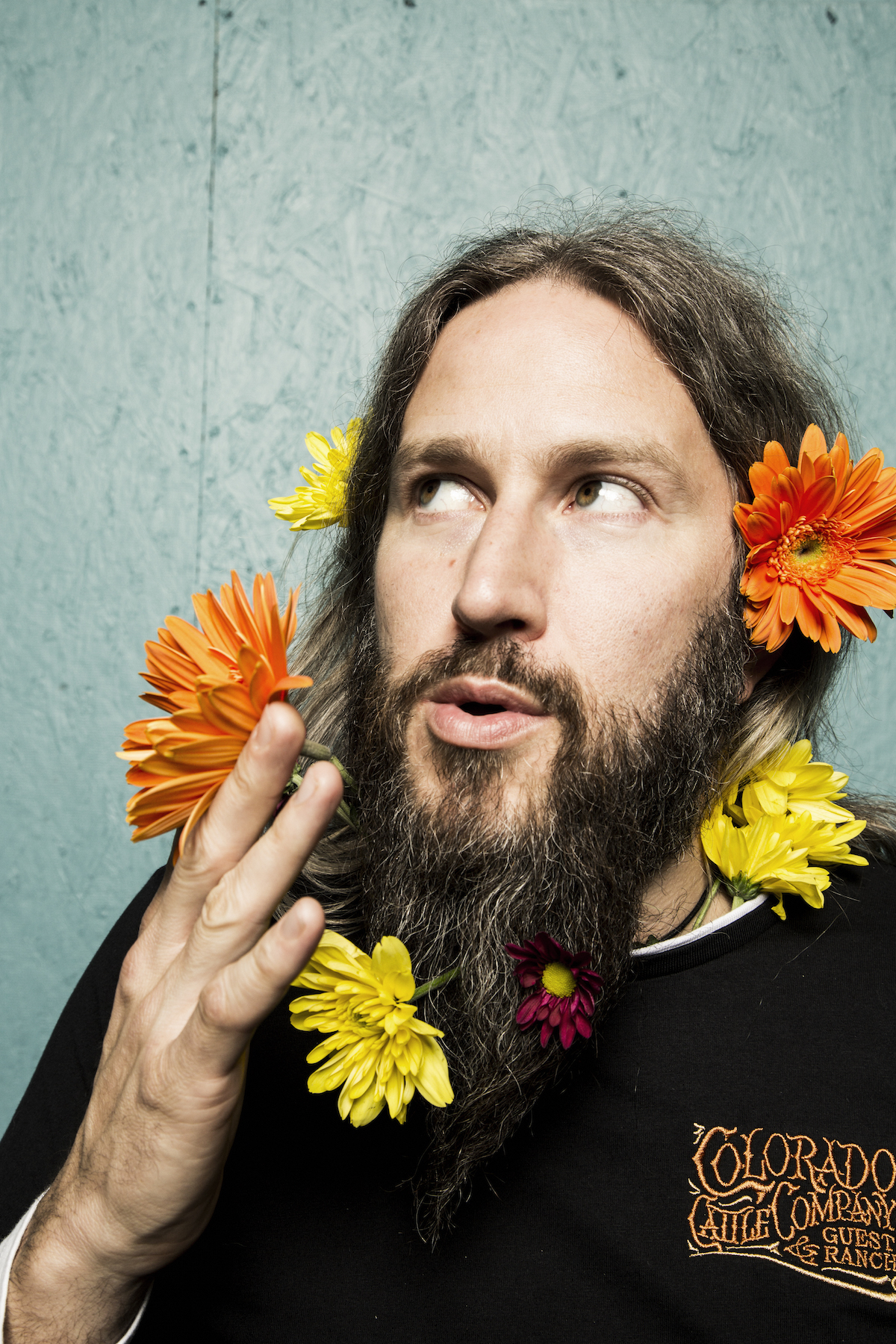
Troy Sanders is the sole member of Mastodon born and raised in Atlanta. Somewhat ironically, he might well be the first of the four musicians to leave the city, despite his parents and his brothers Darren and Kyle also being residents, as he has a gnawing urge to settle down closer to the ocean. Troy comes across as a gentle, serene soul, a man at peace with the world and his place in it. By his own admission, he’s the member of Mastodon who contributes least to the songwriting process, but this acknowledgement shouldn’t lead one to believe that the bassist is merely a passenger on the band’s journey. It was Troy who drove the band in Mastodon’s early years, literally and metaphorically, booking them gigs all over the South-East and further afield, using contacts acquired from the Maximumrocknroll-affiliated punk rock instruction manual Book Your Own Fuckin’ Life.
“From day one we had the eagerness to make things happen,” he recalls. “We wanted to bring our music to the people, and we did, over and over and over and over, to every house, every VHF Hall, every club, every basement we could possibly play. And we’re still out there, playing 200 gigs a year, as we will with this record. We’re a very honest and sincere band, and I like being up there onstage knowing that these songs and these words and this whole Mastodon story means the world to me and my bandmates.
“This new record, to me, is already a success. If the four of us are happy with it, before the record is pressed and hit the streets and hits the world, then it’s already achieved success in my opinion. We’ve spent many, many hours, days and weeks putting our time, effort, energy, blood and souls into this album, taken all the negative elements and channelled them into something positive and something triumphant. I couldn’t be more excited about where we go next.”
“We’ve been a band almost 15 years now and we’ve persevered through so much shit,” adds Bill. “I guess if we haven’t broken up by now then whatever doesn’t kill us makes us stronger. This band can be so all-consuming, to the point where it’s unhealthy: I’ve wanted to leave the band on numerous occasions, but I’ve had to look at the bigger picture. This is my baby. This is what I want to do with my life. And I can’t, and won’t, walk out on it.”
“You heard that song The Motherload, right?” Well, I wrote that riff backstage somewhere on tour in the Netherlands, and I remember playing it to Brann and he said ‘I dunno, it sounds kinda happy. Are we a happy band?’ I was like, ‘Well, I was happy when I wrote it!’
“It’s been a tough and stressful year. And without giving away too much of our personal things and tragedies, it’s all in the album: listening to it will allow you to walk a mile in our shoes. And I promise you, it isn’t always pretty. But the journey is worth all the aggravation.”
Published in Metal Hammer #257
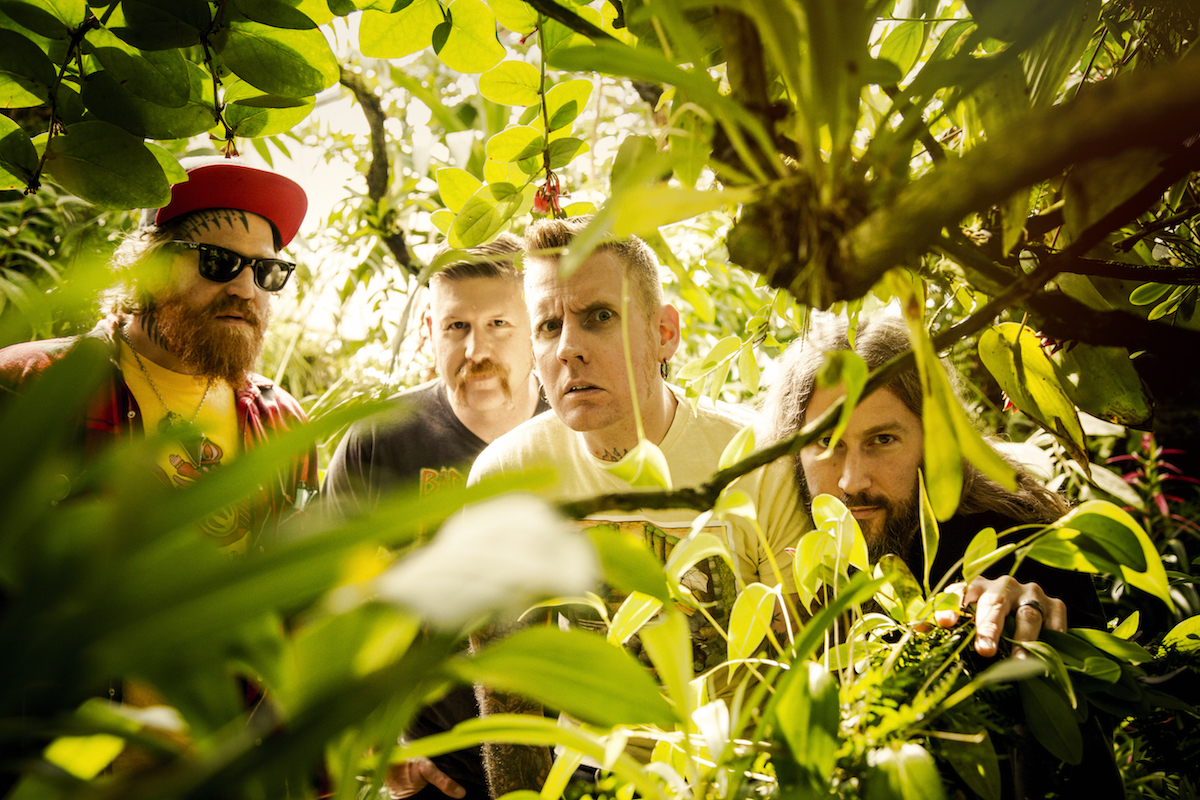
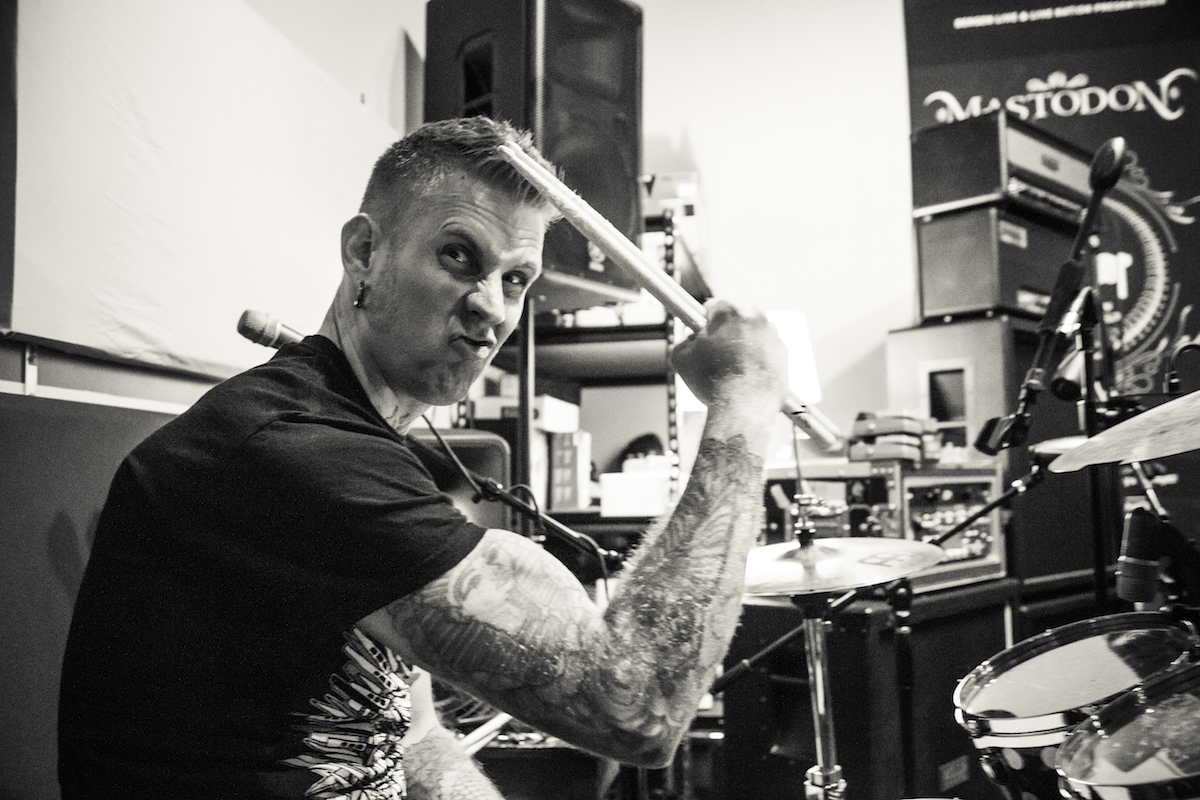
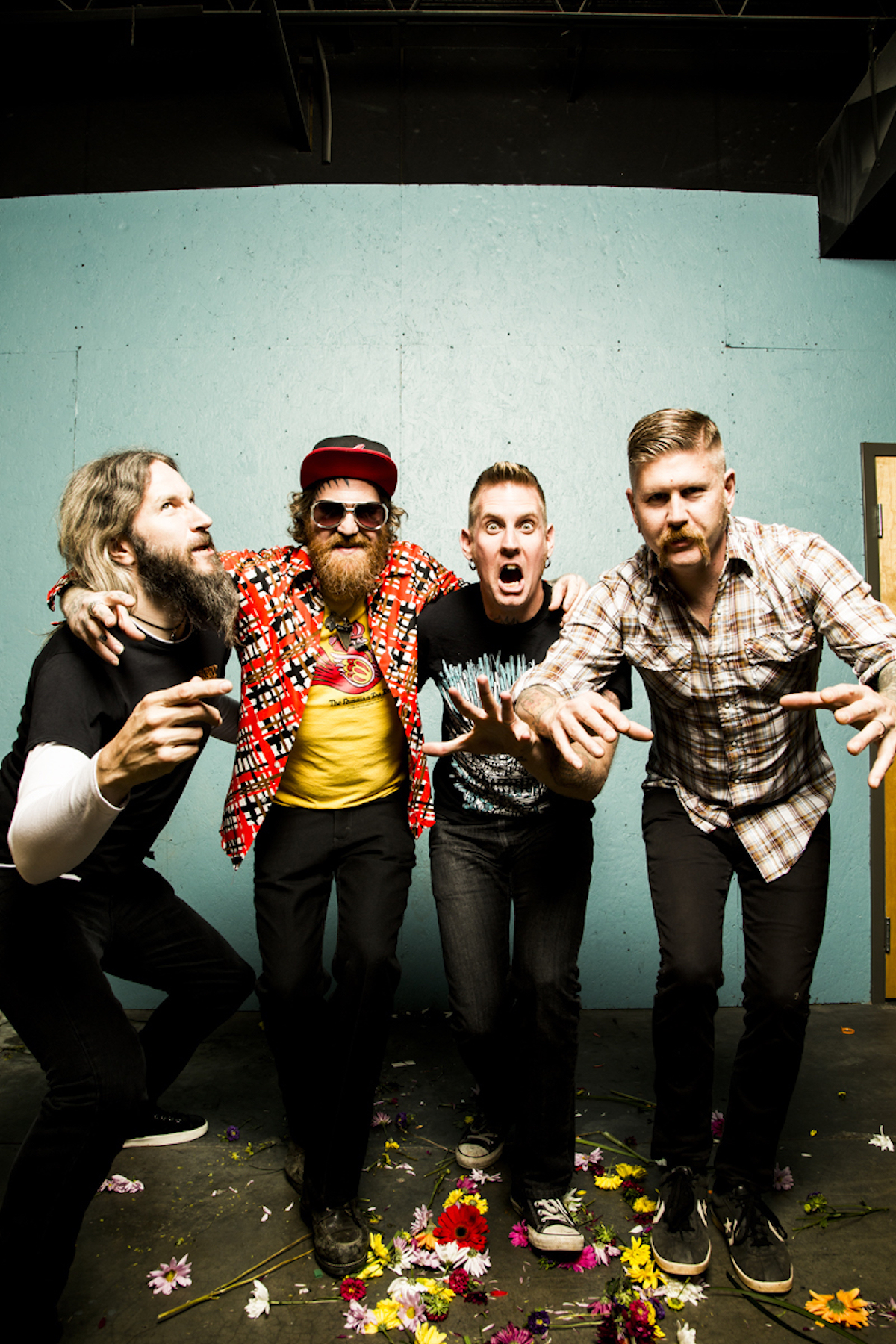
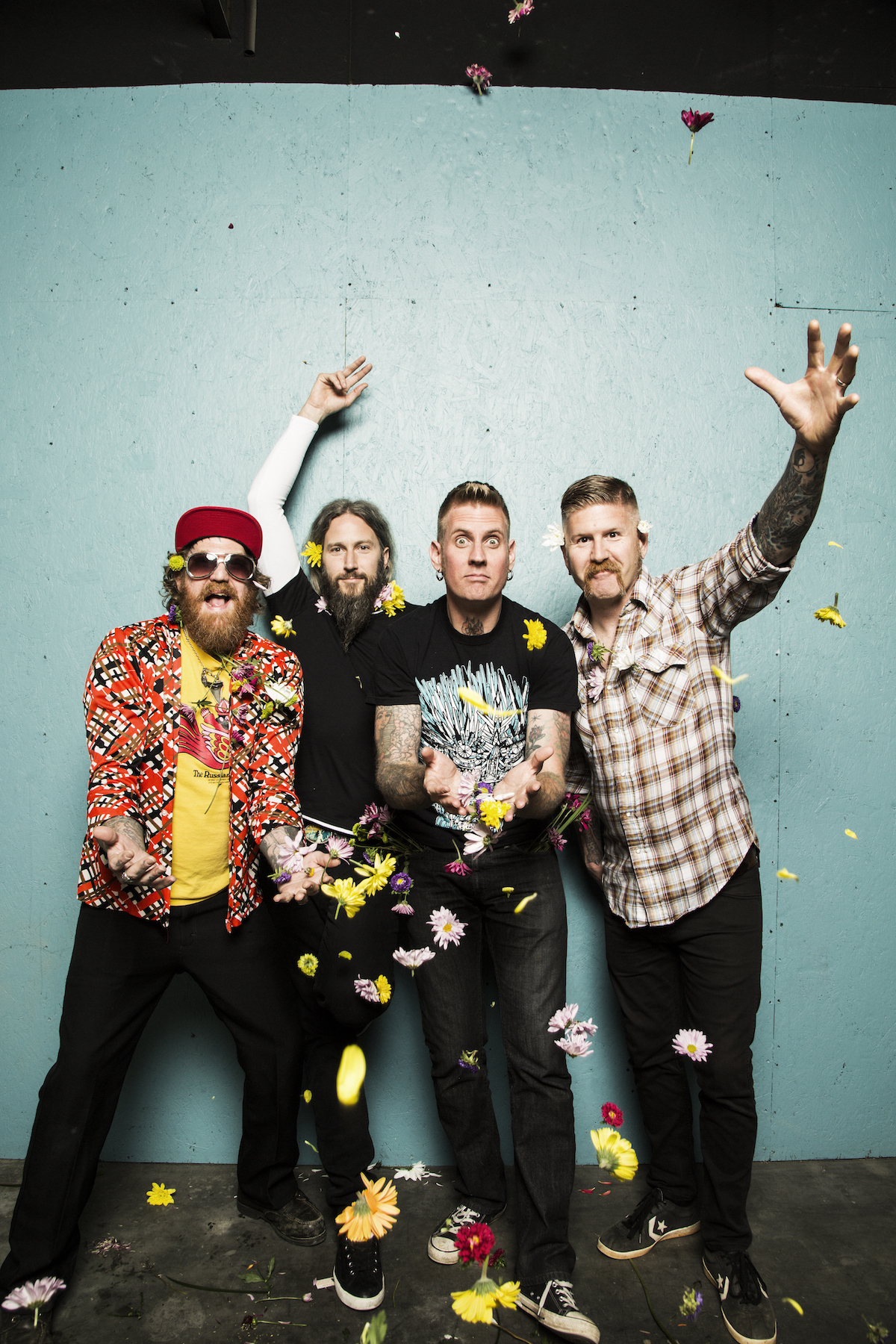
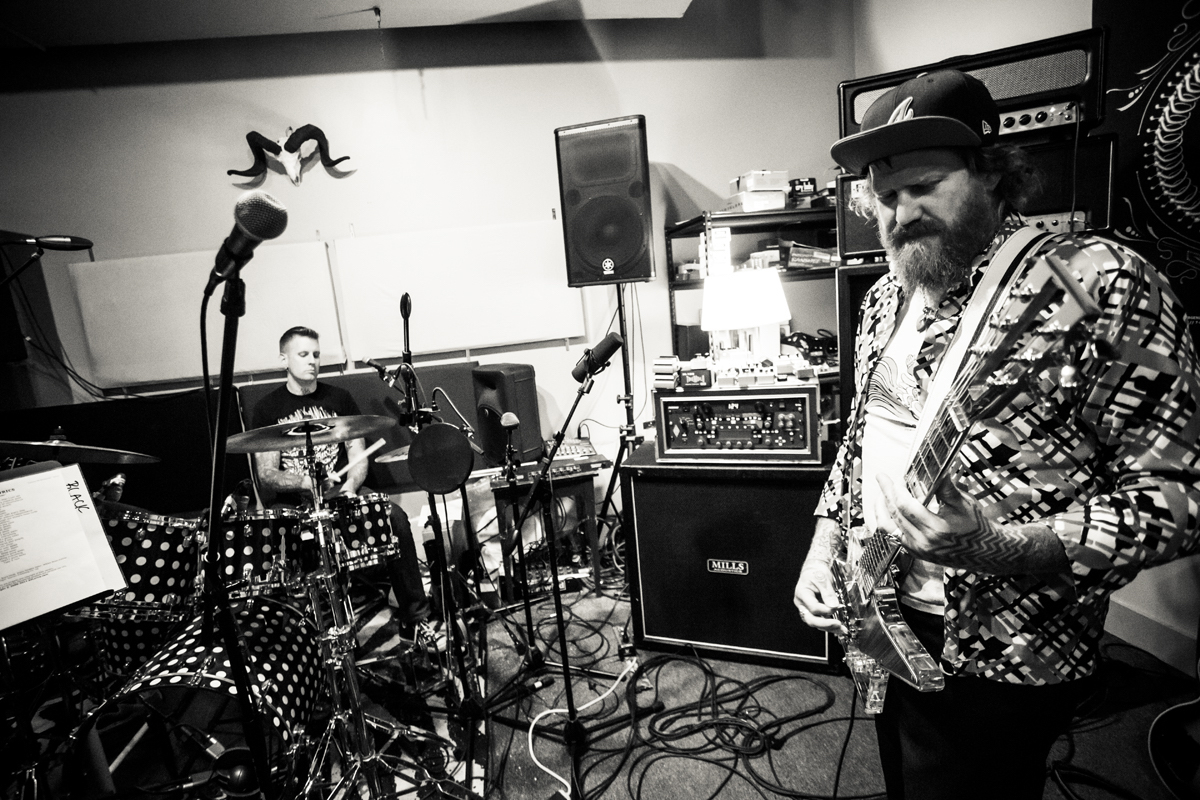
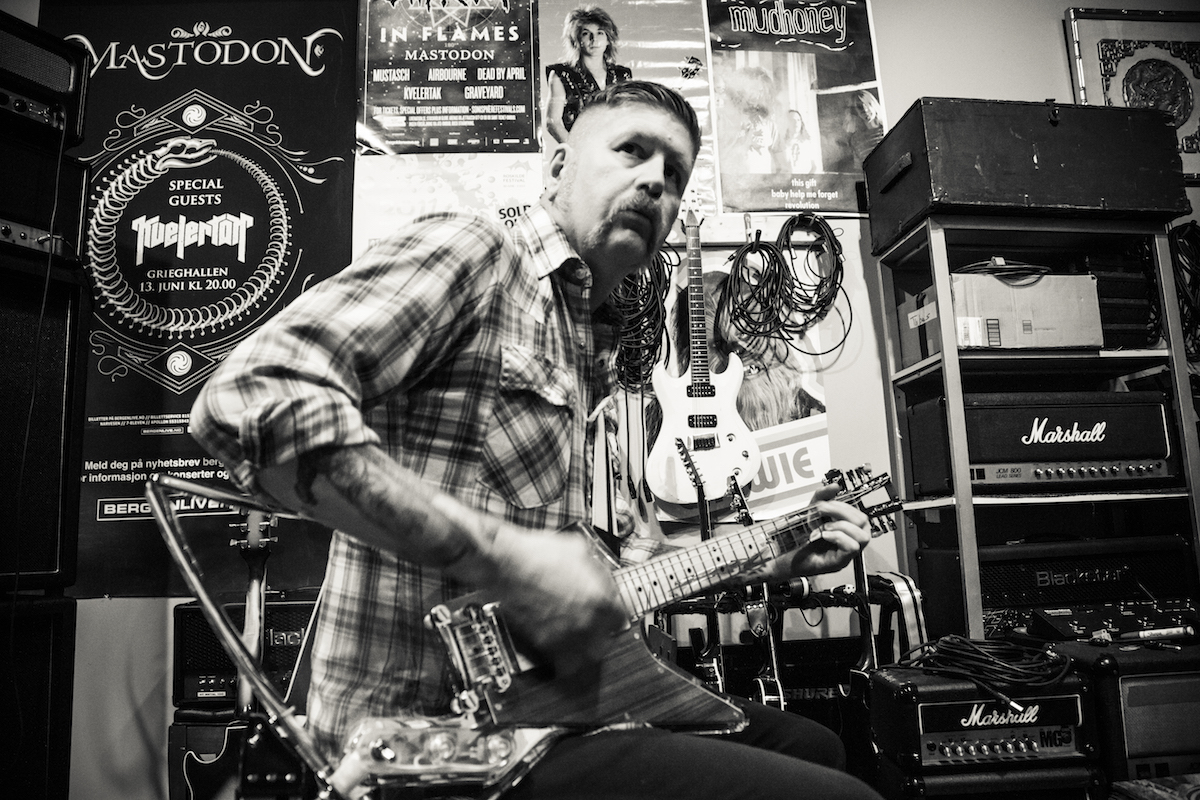
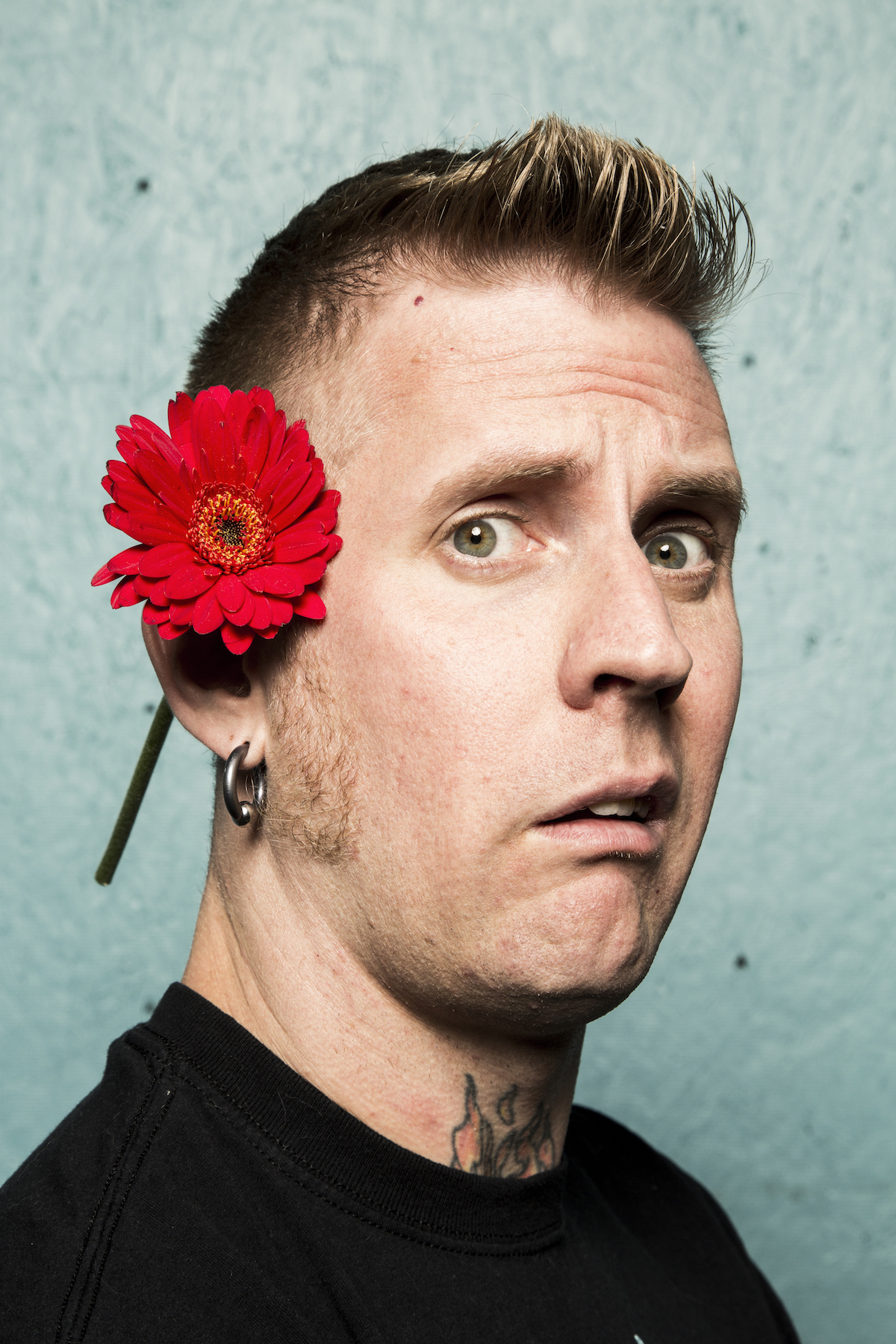
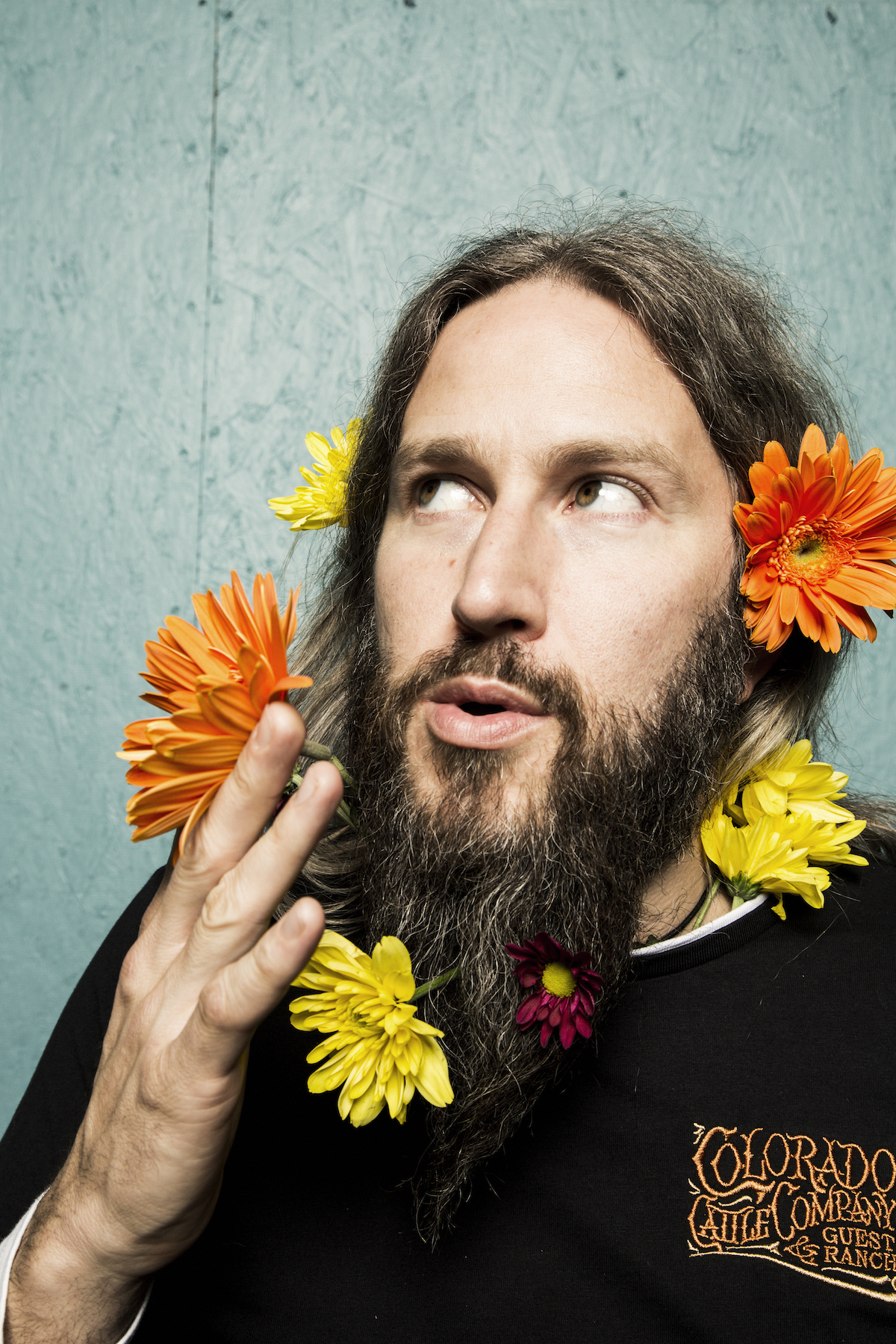
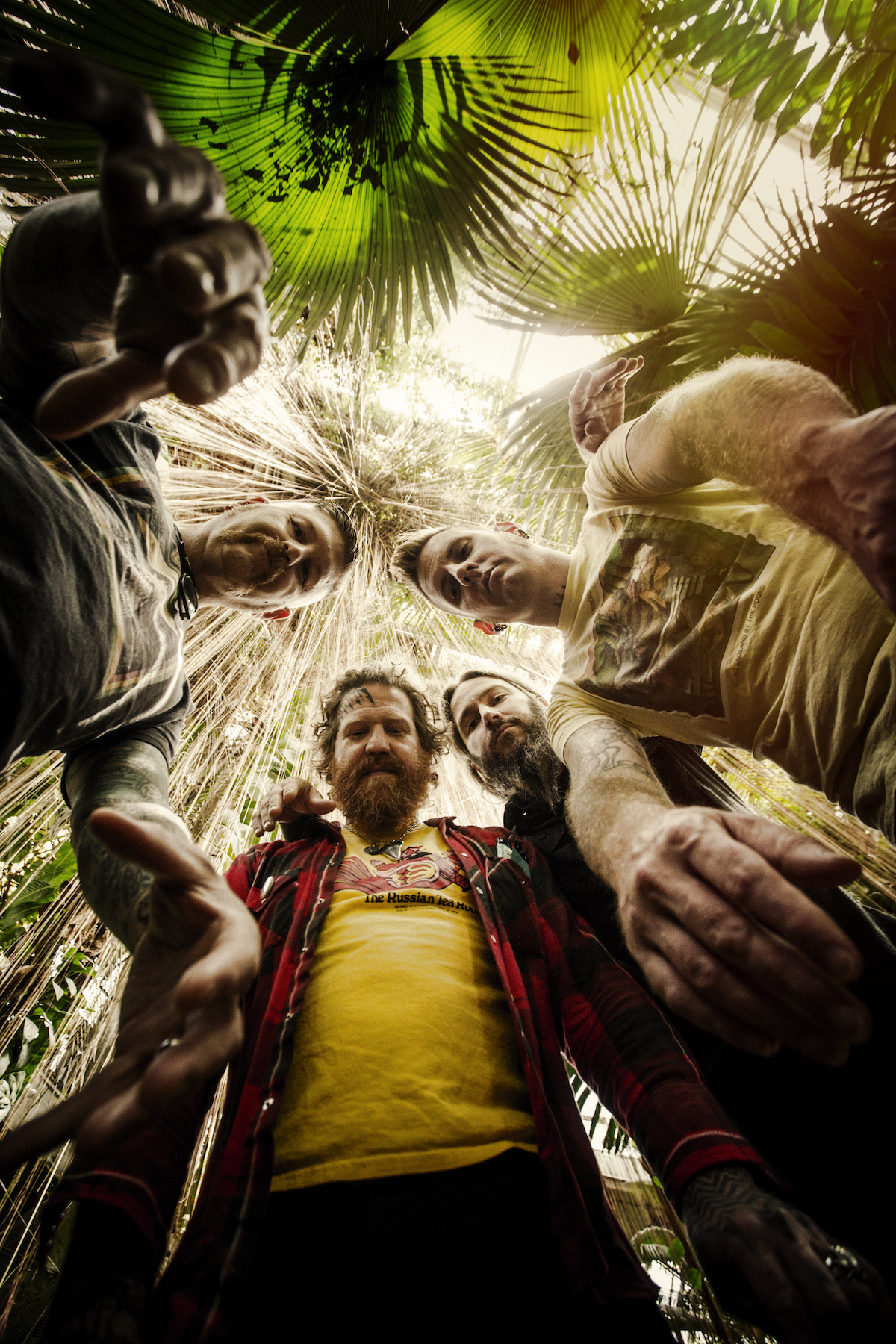

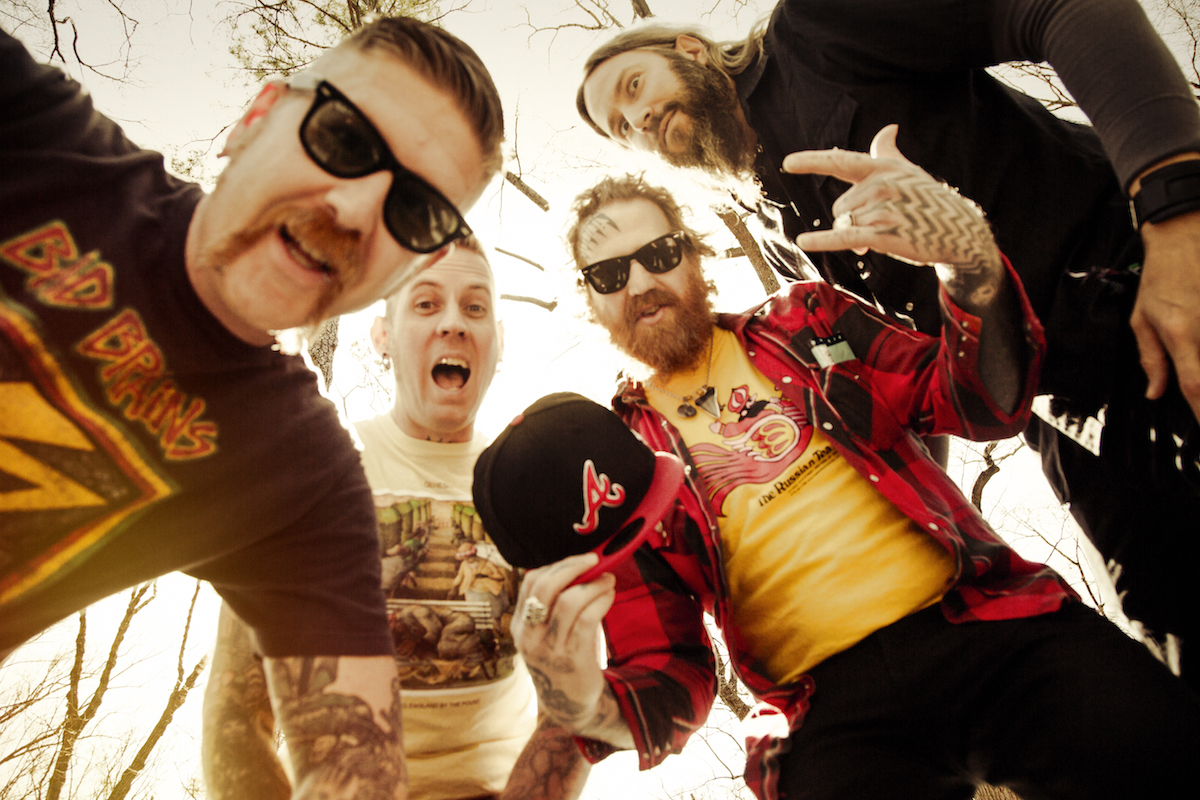
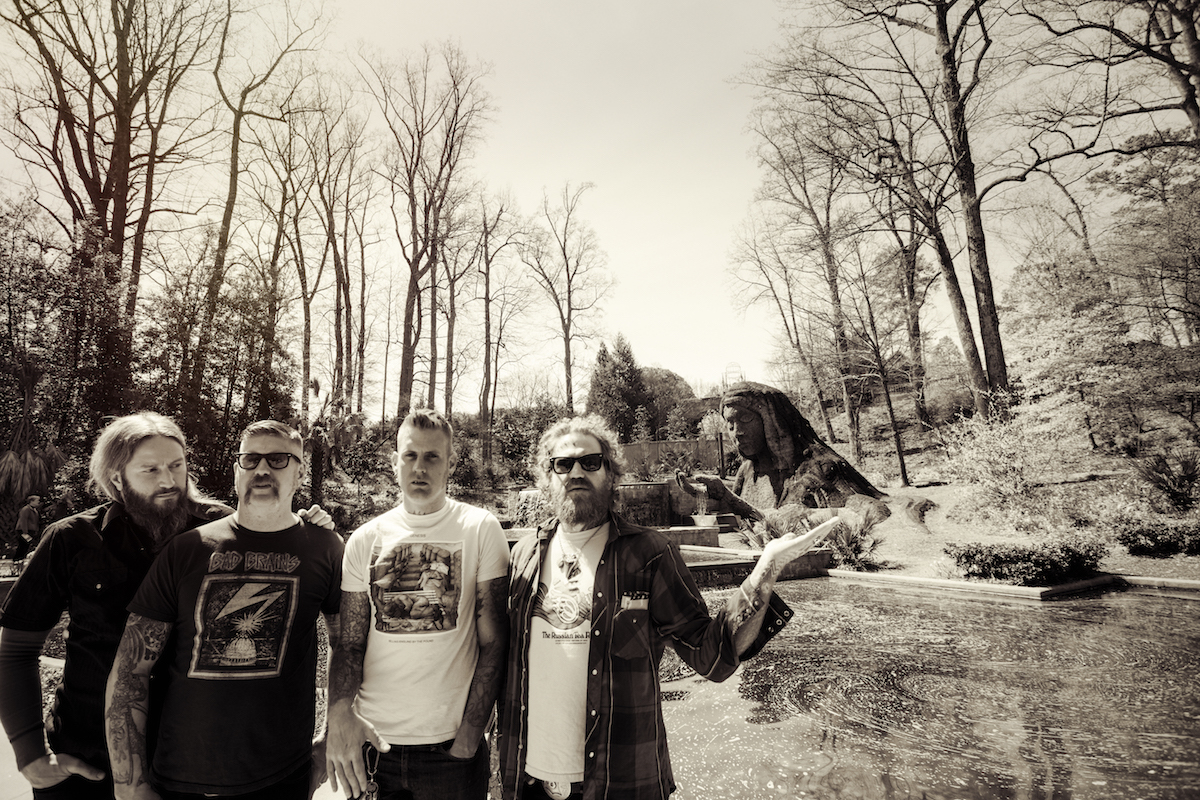
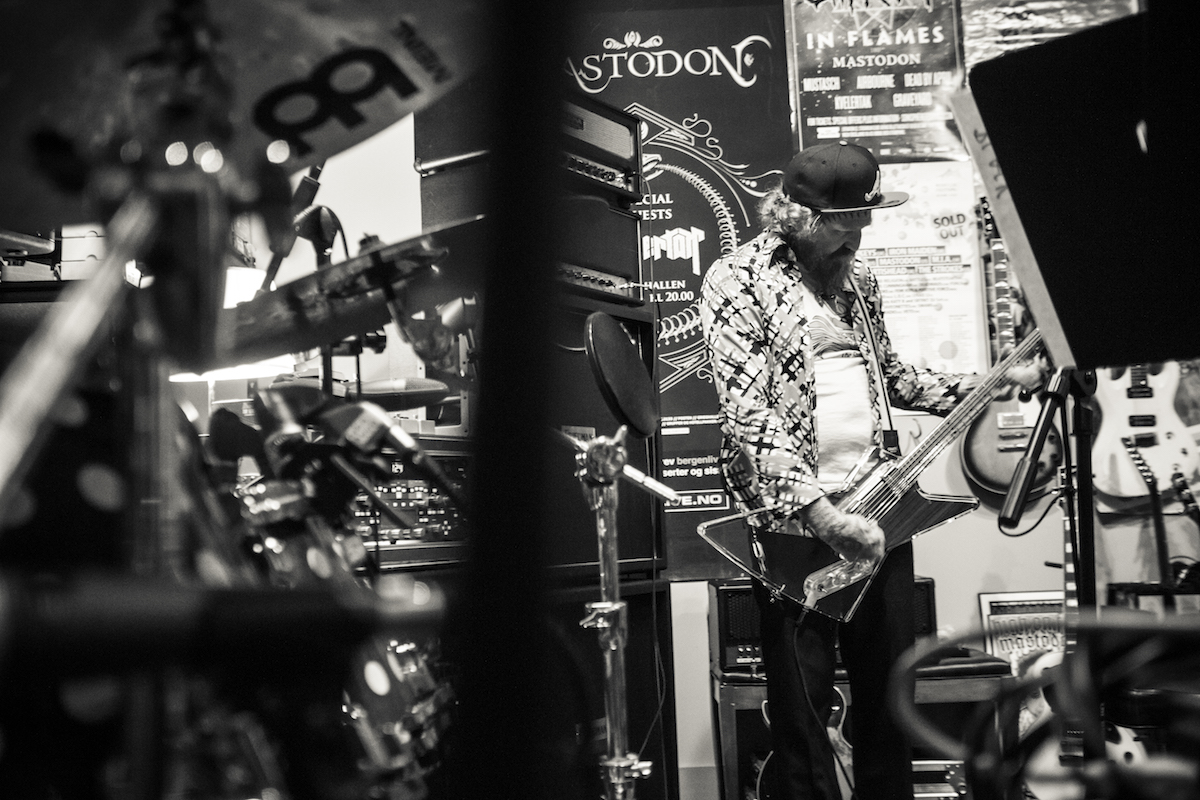
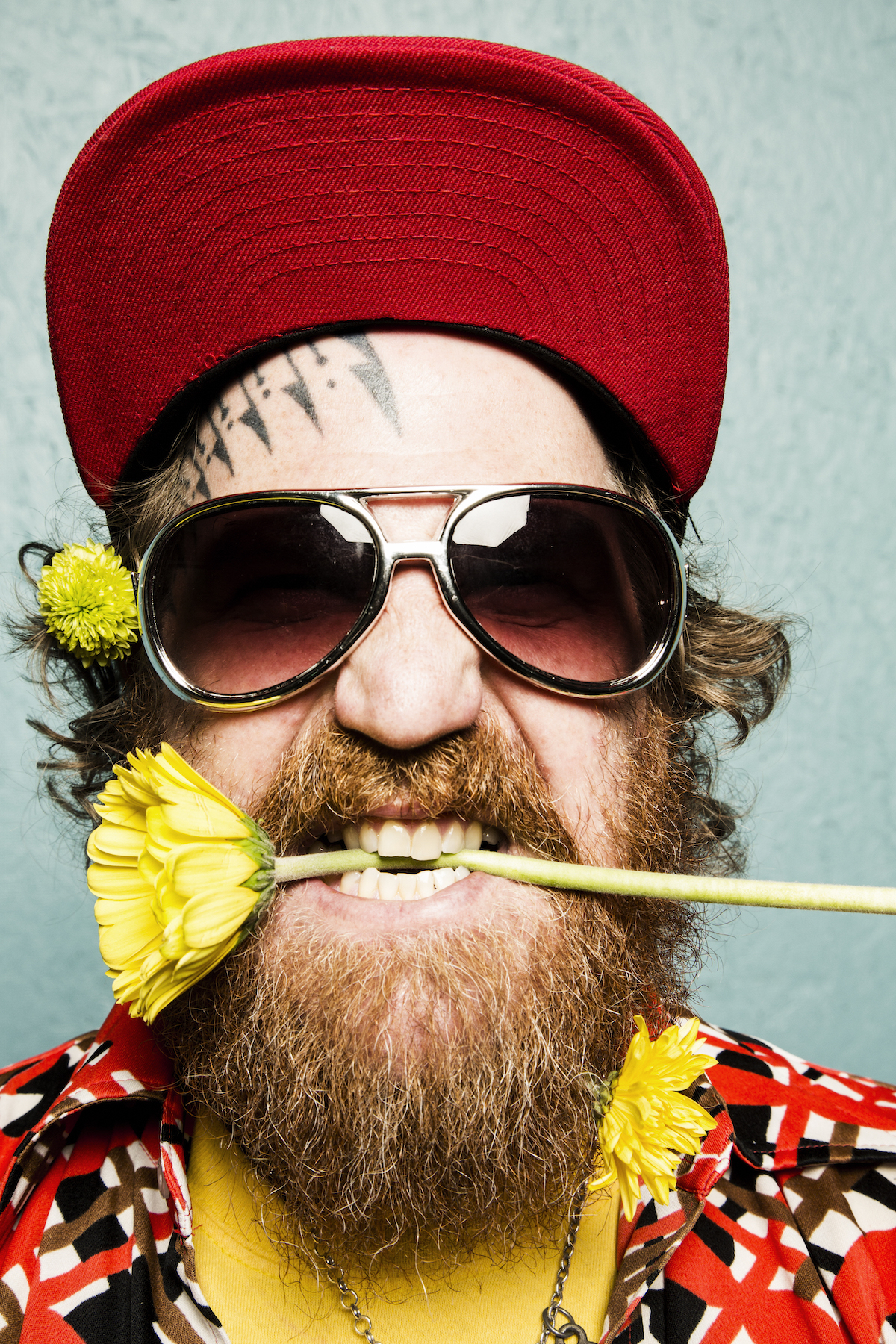
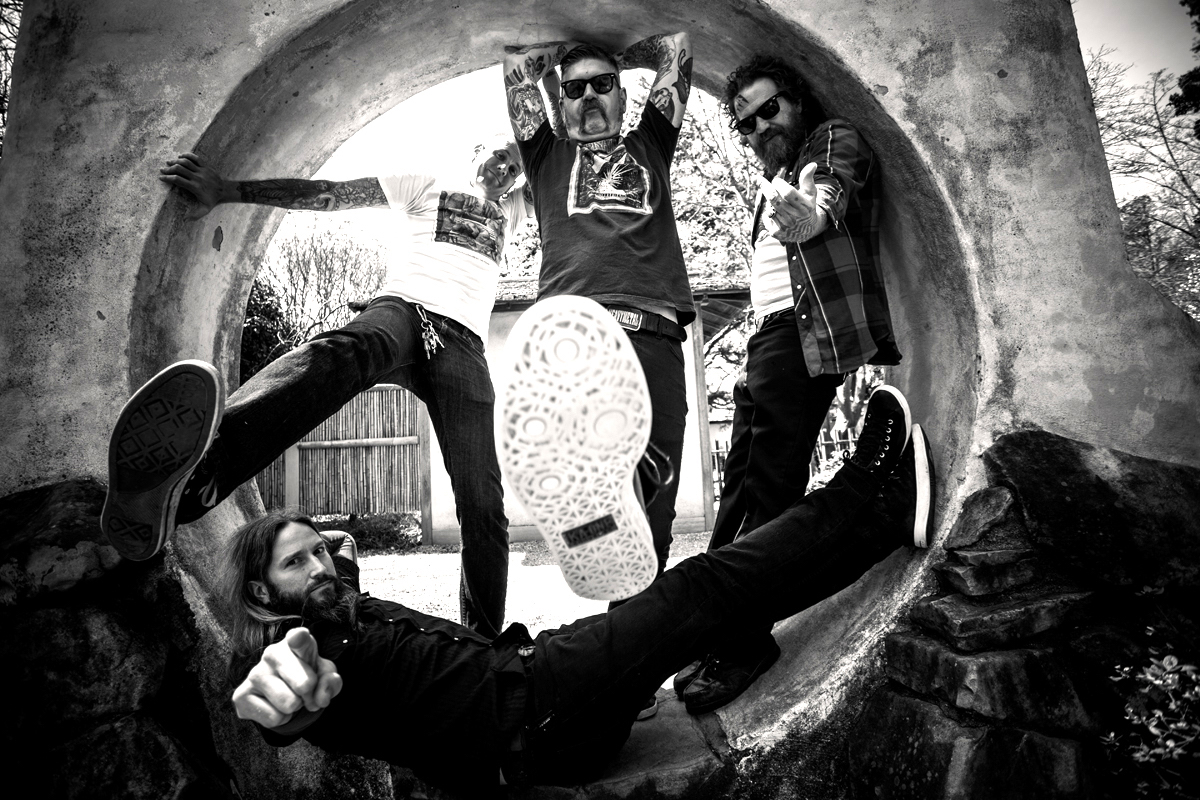
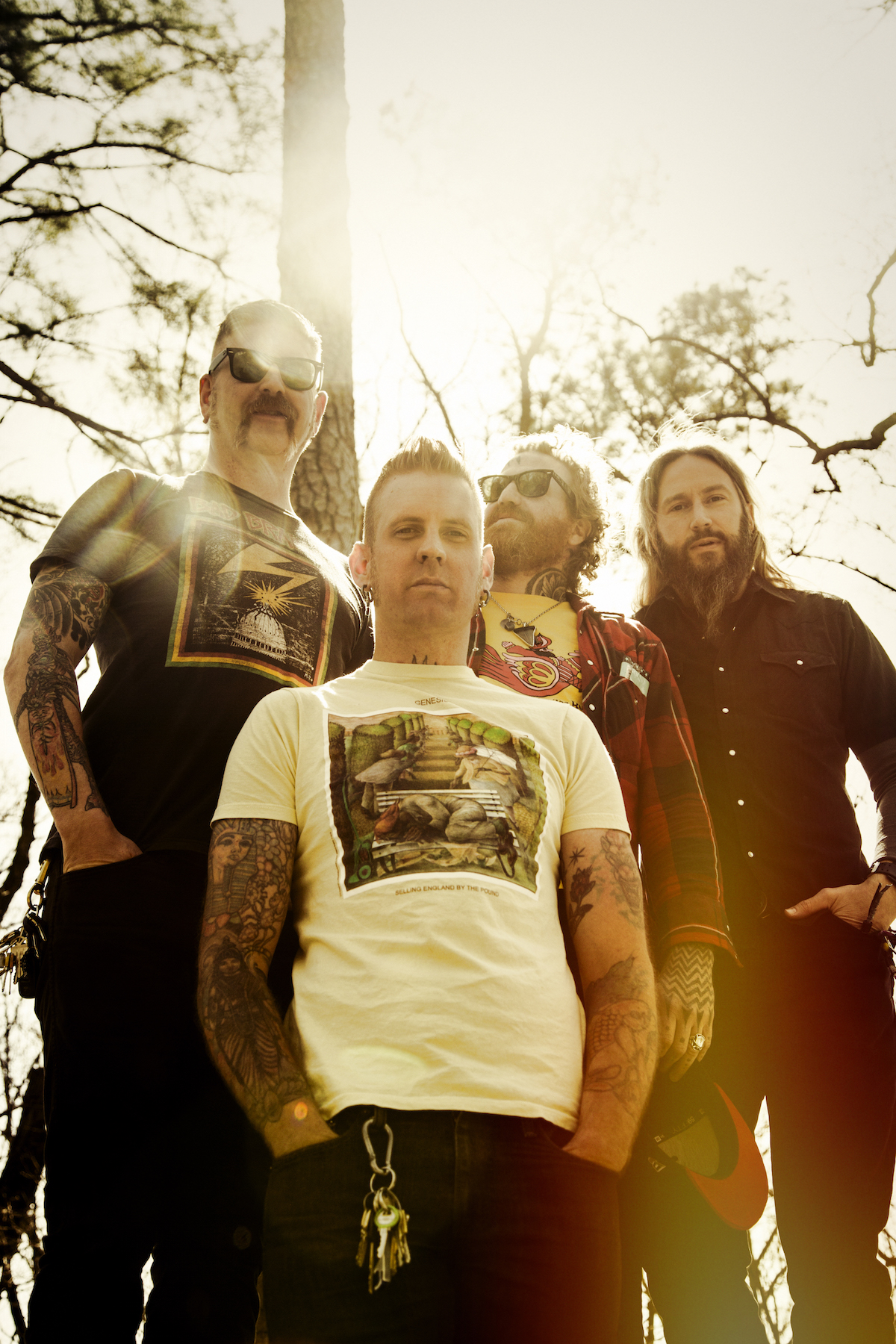
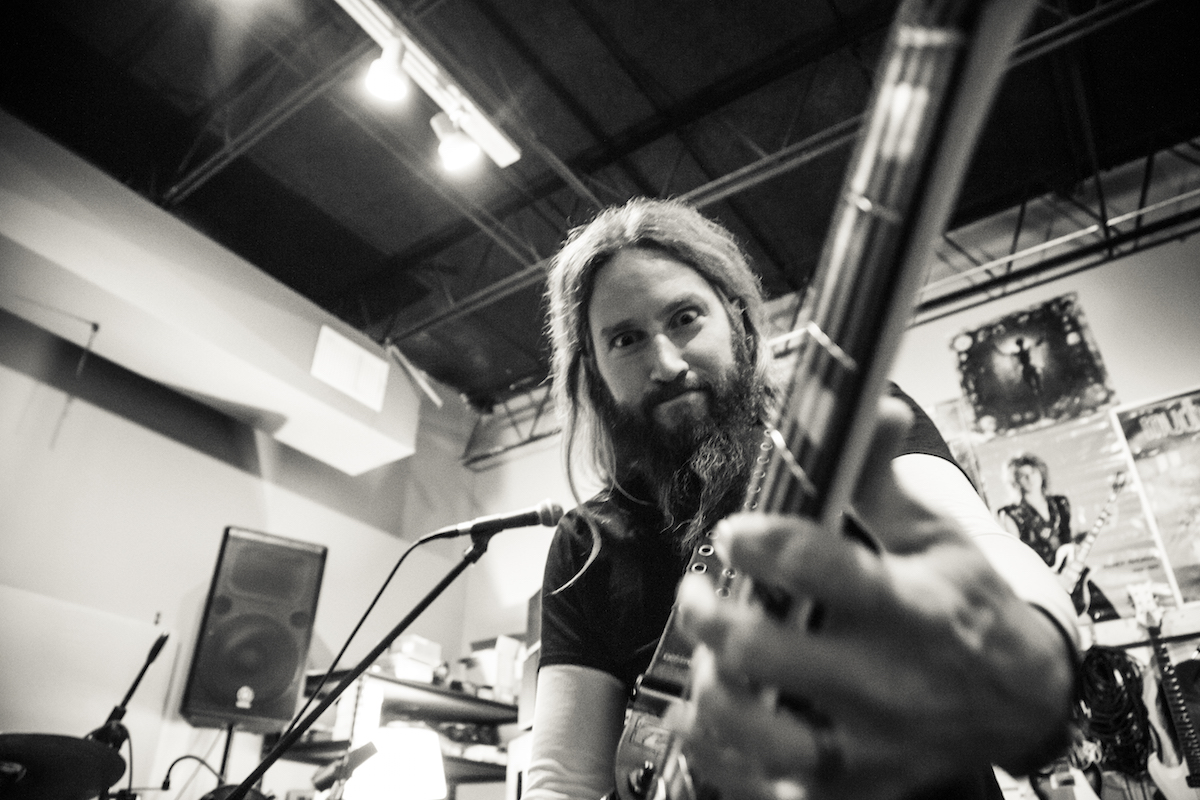
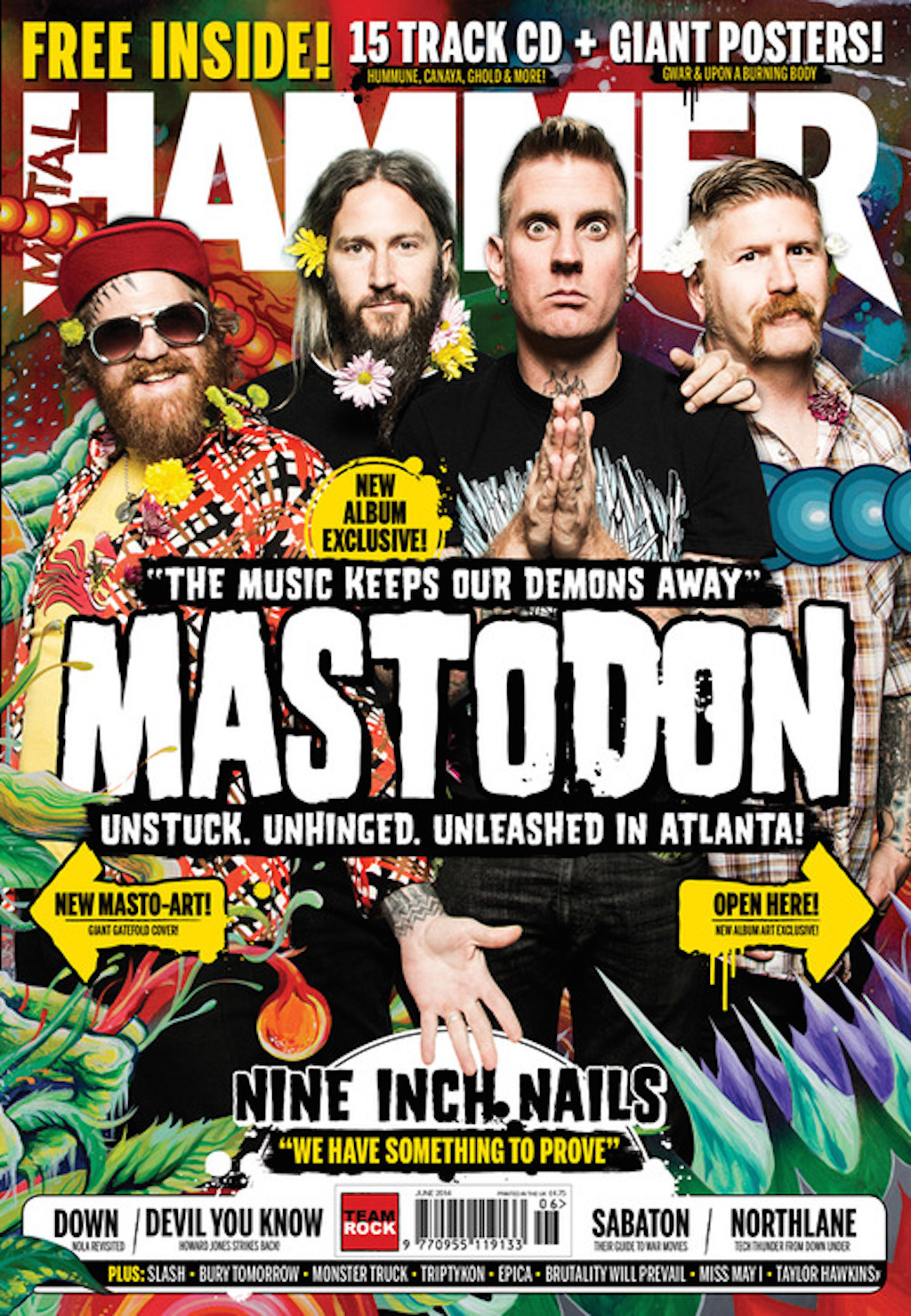
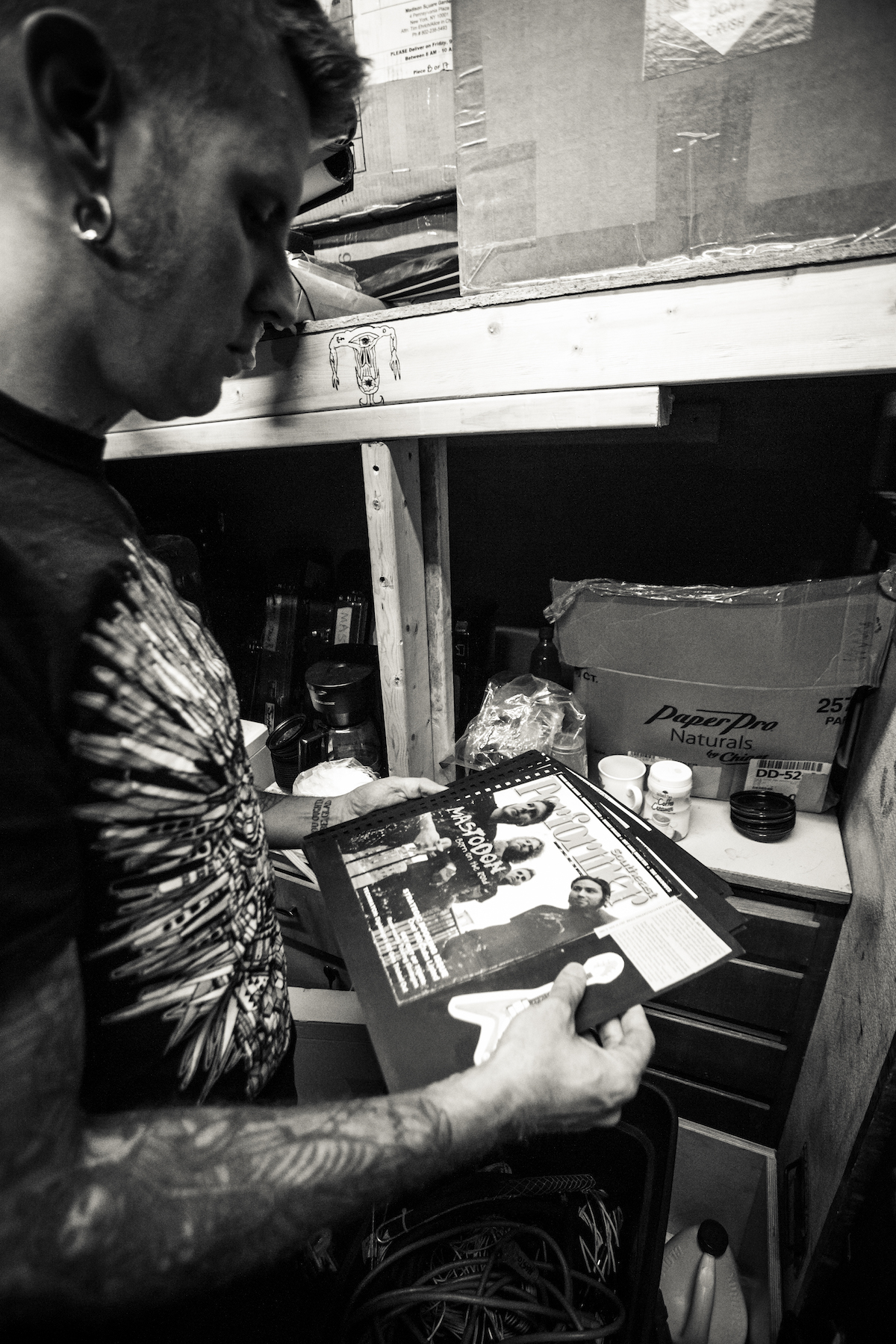

A music writer since 1993, formerly Editor of Kerrang! and Planet Rock magazine (RIP), Paul Brannigan is a Contributing Editor to Louder. Having previously written books on Lemmy, Dave Grohl (the Sunday Times best-seller This Is A Call) and Metallica (Birth School Metallica Death, co-authored with Ian Winwood), his Eddie Van Halen biography (Eruption in the UK, Unchained in the US) emerged in 2021. He has written for Rolling Stone, Mojo and Q, hung out with Fugazi at Dischord House, flown on Ozzy Osbourne's private jet, played Angus Young's Gibson SG, and interviewed everyone from Aerosmith and Beastie Boys to Young Gods and ZZ Top. Born in the North of Ireland, Brannigan lives in North London and supports The Arsenal.
